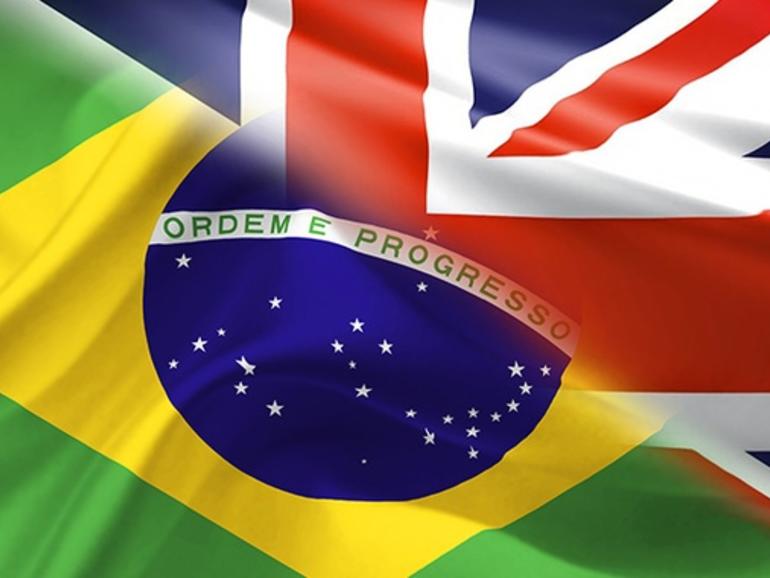
Brazil And UK Reaches Agreement On Digital Transformation And Innovation
An agreement has been signed between Brazil and the UK to accelerate digital transformation and innovation in public services delivery in the Latin American country.
Under the memorandum of understanding signed on December 29 by Acting British Ambassador to Brazil Liz Davidson and Brazilian digital secretary Luis Felipe Monteiro, the countries will be working together until March 2023.
The UK approach to digital citizen services delivery, which ranks high on the United Nations’ digital government readiness assessments, has served as inspiration for the Brazilian model. Under the formalized partnership, aspects such as data governance and accessibility will be emphasized, as well as planning and implementation of digitization projects and knowledge sharing.
“Both the UK and Brazil have integrated hundreds of government websites into a single portal, reducing the mazes that their citizens had to traverse to access public services and improving the user experience, offering a more accessible, agile and secure environment”, Monteiro said.
The cooperation is part of the UK’s Prosperity Fund, a £1.2 billion portfolio of projects focused on middle-income countries which concentrate most of the world’s poor population and where 60% of the economic growth will come from, by 2030, according to the Organization for Economic Co-operation and Development (OECD).
The Fund seeks to promote inclusive economic growth and reduce poverty, and create opportunities for international business. In Brazil, the Fund’s portfolio includes programmes in areas such as digital access, which aims to promote digital access for undeserved and excluded populations.
“The global crisis brought about by the Covid-19 pandemic exposed some more of the challenges we face as governments, but many of the challenges can be mitigated thanks to a robust digital government strategy”, Davidson said. “Now, more than ever, the exchange of experiences and mutual support between governments is important.”
According to Brazil’s Digital Government Secretariat, over 4.000 government services have been centralized and made available under the platform Gov.br, of which 65% can be requested and delivered fully online. Brazil’s citizen portal has gone live in September 2019, after its announcement a few months earlier, in April.
Since starting the project to shift digital services online, Brazil has been recognized by the efforts made so far and was ranked in the “very high” group of last year’s UN E-Government Development Index.
The Brazilian government is also looking to accelerate digital transformation to attract foreign investments, particularly when it comes to improving connectivity.
Currently, more than 20 million households in Brazil are digitally excluded. The issue of lack of connectivity is particularly noticeable in households in the poorest areas of the country: 35% of homes in the Northeast region don’t use the web, also a reality for 45% of Brazilian families on minimum wage.

